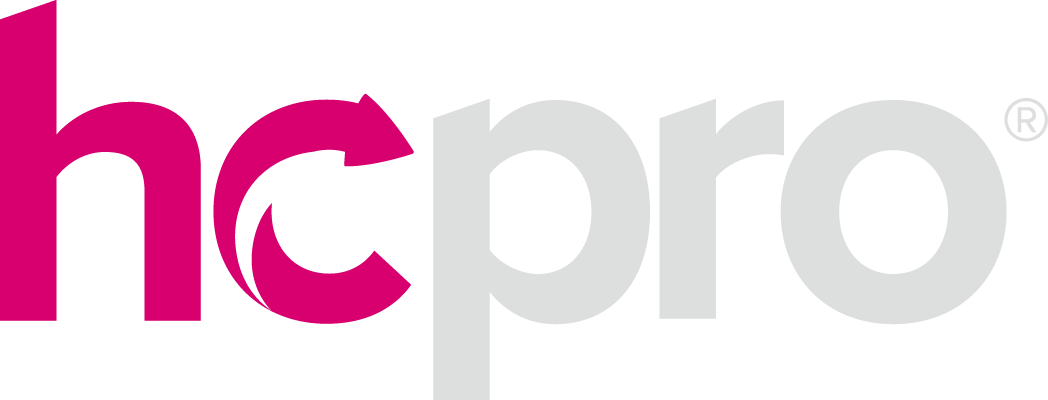2021 D&I Virtual Master Class: Best Practices to Kick Off Your DEI Initiatives
November 3, 2021 | 12:00 p.m. to 4:00 p.m. EST | Virtual
Day 1
| November 3, 2021 | |
|---|---|
| 12:00 p.m. – 1:00 p.m. |
Speaker Introductions & Session 1—Understanding Unconscious Bias and How It Can Impact Processes and PoliciesWhat is hidden bias? It is subtle but can reveal itself in different ways, such as: • An interviewer asks different questions of different candidates, depending on their race, age, and gender. These may all seem like little things, but they can add up to create a pervasive (and possibly illegal) culture of bias. Even with antidiscrimination and antiharassment policies in place, hidden bias can creep in and damage workplace culture, productivity, and even retention. Also known as implicit or unconscious bias, this type of bias manifests in stereotypes and attitudes that can guide the decision-making process in a subliminal way. And, unfortunately, all of us are prone to have some level of unconscious bias. Thus, the challenge for HR is to figure out how to identify and rid unconscious bias as best you can, so your organization can create and foster a culture of inclusiveness, respect, and acceptance. Doing so can have a positive impact on hiring, retention, and engagement. But how do you do eliminate unconscious bias and foster a culture of inclusiveness? After attending this session, attendees will be able to: • Identify and address unconscious bias in individuals and in their organizational culture, with an emphasis on business systems and processes. |
| 1:00 p.m. – 1:15 p.m. |
Break |
| 1:15 p.m. – 2:15 p.m. |
Session 2— Great DEI Starts with Recruitment: Eliminate Barriers in Processes and PoliciesA diverse and inclusive company culture has been proven to positively impact organizations’ bottom lines, and DEI is something jobseekers expect from their next employer. According to a Monster.com poll in 2020, the majority of jobseekers (62%) would turn down a job offer if they felt the company did not value an inclusive and diverse workplace culture. Additionally, Monster found it is very important to the majority of employees (70%) that companies be transparent about the diversity of their workers. When asked what the most important step was for a company to take to demonstrate its commitment to diversity hiring, over a third (36%) cited transparency on the diversity of its employees, and a fourth (25%) noted having an HR team dedicated to DEI hiring. With stats like these, it goes to show that DEI has never been more important than it is today. In order for employers to be successful in their DEI efforts, they must focus on eliminating barriers in their recruitment process and be more transparent in their HR policies as well. After attending this session, attendees will be able to: • Review processes and policies for discriminatory or off-putting language that could be perceived as barriers to opportunity and fair treatment. |
| 2:15 p.m. – 2:30 p.m. |
Break |
| 2:30 p.m. – 3:30 p.m. |
Session 3—Best Practices for Retaining Diverse TalentGetting diverse talent through the door is half the battle! Once diverse talent is onboard, keeping them around for the long haul will become your next challenge. Employee retention is a top priority for HR leaders. It’s often difficult enough to find the talent that businesses need in the first place, so it’s crucial that once new hires start in the business, they become productive and settled quickly. The four main reasons why new hires fail to stay at your organization:
All of these reasons should be fixable without a major overhaul of the recruitment process. And fortunately, our experts will show you how! After attending this session, attendees will be able to: • Conduct employee experience/engagement surveys to measure employee experience and assess specific engagement needs; |
| 3:30 p.m. – 4:00 p.m. |
Session 4—Live Q&A with PresentersStill have questions about topics covered during this intensive workshop, or want to revisit a fundamental concept or two from earlier in the day? Take advantage of this opportunity to get clarification from the presenters before the course comes to a close. |
